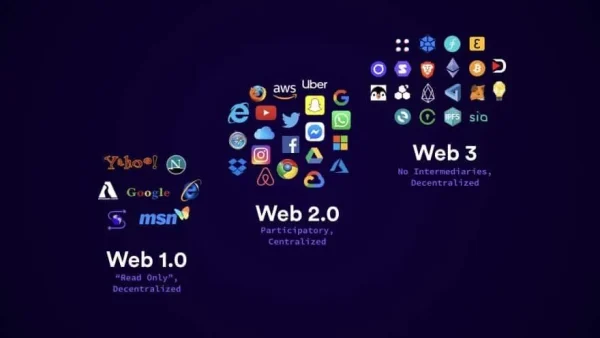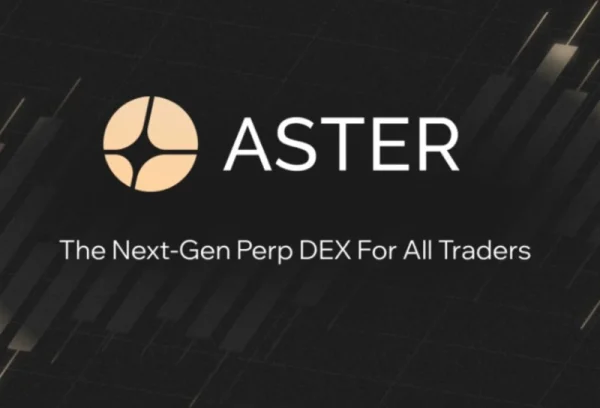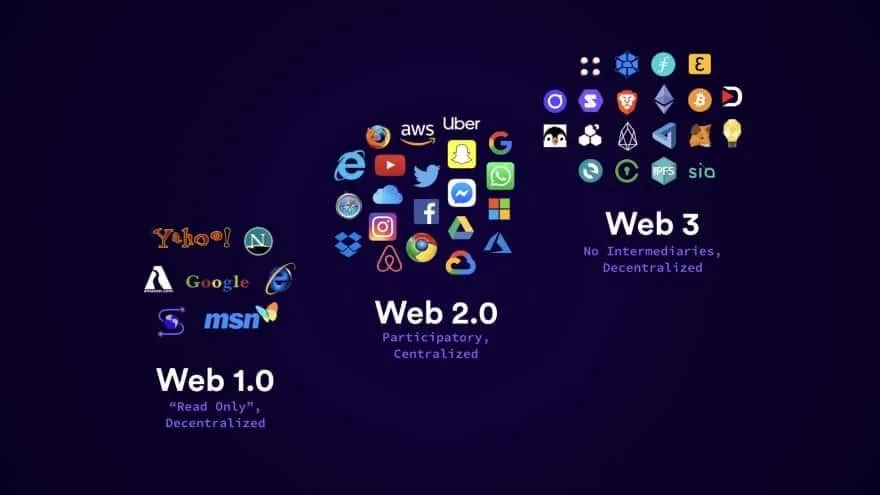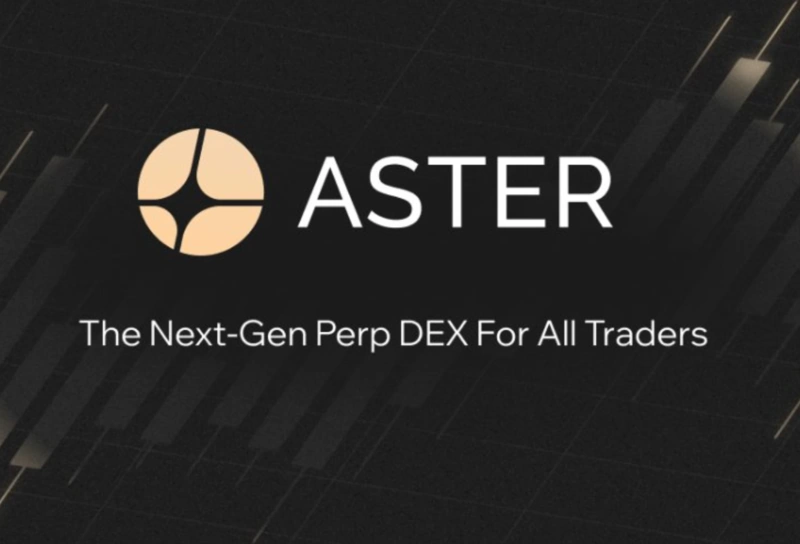Bitcoin Mining: What is It & How Does It Work?
Bitcoin mining verifies and secures Bitcoin transactions by solving complex mathematical problems with computers. It's like a competition in which miners race to solve puzzles and are rewarded with new bitcoins.
In this article, we learn how to mine bitcoins, explain the process, provide mining essentials, popular mining options, and other useful information.
Table of content
Key Takeaways
- Bitcoin mining solves math problems by making new bitcoins and checking payments.
- The target hash makes the puzzle hard to solve.
- Proof-of-Work keeps Bitcoin safe by making miners do computer work.
- The reward for mining gets smaller over time.
- How hard mining is can change, so it stays steady.
- Making money from mining depends on costs, computer power, and Bitcoin's price.
- There are different ways to mine, each with pros and cons.
- Rules for mining change depending on where you are.
- Keeping mining safe means good security for computers and the Bitcoin system.
What is Bitcoin Mining?
Bitcoin mining is the process of creating new bitcoins and checking that all the Bitcoin transactions are correct.
When people mine, they use special Bitcoin mining hardware to solve math problems that help confirm transactions. As a reward for their work, miners get some bitcoins for each problem they solve. This keeps miners interested in the process and supports the whole Bitcoin system.
Bitcoin hardware mining involves using specialized computers called ASICs (Application-Specific Integrated Circuits), to solve complex mathematical problems. These problems validate and secure transactions on the Bitcoin network.
Successful miners earn Bitcoin rewards. The process consumes loads of electricity due to the intensive computational power required.
Miners often join forces in “mining pools,” sharing their computational power to increase their chances of success.
How Are Bitcoins Mined?
Bitcoin mining is an essential part of how cryptocurrency works without any central control. Here are the principles of Bitcoin mining:
The Hash
In Bitcoin mining, “the hash” is a unique code miners need to find to add a block of transactions to the blockchain. When miners verify transactions and group them into a block, they use their computers to calculate this special code. This process involves trying millions or even billions of combinations to find the right hash.
Finding the hash is like finding the key to a lock. It's a tough challenge because the only way to find it is to guess many times until the correct one is discovered. Once miners find the correct hash, they can add the block to the blockchain and earn bitcoins as a reward.
In simple terms, the hash in Bitcoin mining is like a digital fingerprint for a block of transactions, and miners race to find it to secure the network and earn BTC. This is a core part of how cryptocurrency mining works.

Target Hash
In Bitcoin mining, the “target hash” is like a goal for miners. When miners try to add new transactions to the Bitcoin network, they're trying to solve a puzzle. The solution they're looking for must be less than or equal to this target hash.
Miners use their computers to create random codes (hashes). If the code a miner makes is smaller than a certain target code, they win the chance to add a group of transactions to the digital ledger known as the blockchain.
For example, if the target hash is something like “0000000000000000000a3a2c…,” the miner's hash needs to start with a lot of zeroes (which means it's a very small number in this context) to be valid.
The target hash adjusts over time so that the global network of miners can only add a new block approximately every 10 minutes, keeping the network in sync.
So, in BTC mining, the target hash limits the puzzle's difficulty. Miners must produce a hash that's below this target to successfully mine a new block and receive Bitcoin rewards.
Proof-of-Work (PoW)
Proof of Work (PoW) is a consensus algorithm that acts like a security guard and janitor for the entire Bitcoin network when earning a Bitcoin.
- Imagine you're applying to be a community record keeper. To prove you're the most qualified, you need to solve a complex puzzle that everyone else is trying to solve. This puzzle is hard, and finding the answer requires a lot of work (computing power).
- The first one to solve the puzzle wins the right to add a new page (block) to the community record book (blockchain). This page contains recent transactions, like who sent bitcoins to whom.
- Everyone else in the community checks your work. They can easily see if you solved the puzzle correctly because there's a special code (hash) attached to your answer. This code is like a fingerprint for the block, making it nearly impossible to tamper with.
- If your work is good, you get a reward. You get some new bitcoins for your efforts, and the new block of transactions gets permanently added to the record book.
Confirmation
When mining Bitcoin, before you claim your reward, there's a quick security check called a confirmation.
Confirmation is like waiting for a few helpers (miners) to double-check your operation and make sure everything is on the up and up. They use their computers for mining to solve puzzles and verify the transaction.
The more confirmations there are (typically 4 or more), the more confident everyone is that the trade went through smoothly.
Bitcoin Rewards
When you successfully validate a block of transactions, you get rewarded with new bitcoins. This reward is how miners earn Bitcoin mining profits.
Back in the Wild West days of Bitcoin (2009), miners who solved a block were rewarded with 50 BTC. That's a lot of money by current standards.
Bitcoin has a rule that cuts the reward for mining new blocks in half every four years. This means if miners originally received 50 bitcoins for each block, it later went down to 25, then 12.5, and it keeps getting smaller to control the total number of bitcoins that can ever exist.
Even though the reward for mining each block of Bitcoin has decreased, the total worth of Bitcoin has increased a lot. This means mining can still make money, especially for people who have powerfull asic's and can get electricity for a low cost.
What Do You Need to Start Mining BTC?
Crypto Wallet
Before you start mining, you'll need a secure place to store your bitcoins. There are two types of crypto wallets to compare and consider:
Hardware wallets like Ledger Nano S or Trezor.
Software wallets you can download on your computer or phone, like Nexo Wallet.
Mining Software
Special software is like tools for mining online. It helps your computer check transactions and get Bitcoin. Some well-known programs are CGminer, ECOS, and EasyMiner.
Important Note: Different mining software works best with different computer hardware, so do your research to find a compatible option.
Computer Equipment
Bitcoin mining needs very strong computers with special parts called ASICs, which are made just for mining.
Before you invest: ASICs (specialized mining computers) can be expensive, and as more people mine Bitcoin, it gets harder to earn it.
Before you start mining, you should use a Bitcoin calculator to see if you can make money after paying for electricity. This will help you figure out if mining is worth it for you.
Popular Bitcoin Mining Options
ASIC (Application-Specific Integrated Circuit) Miners
An ASIC is a special machine for Bitcoin mining. It's good at it and very fast, but it costs much money.
Pros: Fastest hash rate (solving puzzles), most efficient for mining.
Cons: Very expensive, high upfront cost, loud operation.
FPGA (Field-Programmable Gate Array) Mining
FPGAs are versatile for mining and more flexible than ASICs but not as strong. They are suitable for hobbyists or people who want to try mining with various methods.
Pros: More flexible than ASICs, potentially lower cost.
Cons: Slower hash rate than ASICs, requires technical knowledge.
Cloud Mining Services
If you can't afford or don't have room for big mining machines, you can use cloud mining. It lets you mine by renting computer power from a company, so you don't need to buy expensive equipment.
Pros: No need for expensive hardware, easier to get started
Cons: Potentially lower profits shared with the service, reliance on a third-party provider.
Security Measures
Bitcoin mining requires security measures to protect both your earnings and the overall network:
- It's a very secure place to store your valuable cryptocurrency mining computers, with strong security measures like locks and cameras to keep them safe.
- Bitcoin mining uses a safe system to check transactions. Using firewalls and systems that detect hackers can protect your mining from online attacks that might stop you from making money or harm the network's safety.
- Just like updating your computer to keep it safe, it's important to regularly update the mining software to fix security problems.
- It's very important to use good passwords and protect your mining programs and Bitcoin wallet with security measures to prevent others from stealing your bitcoins.
- Be careful when downloading software from the internet. Use anti-malware programs to keep your computer safe from harmful software.
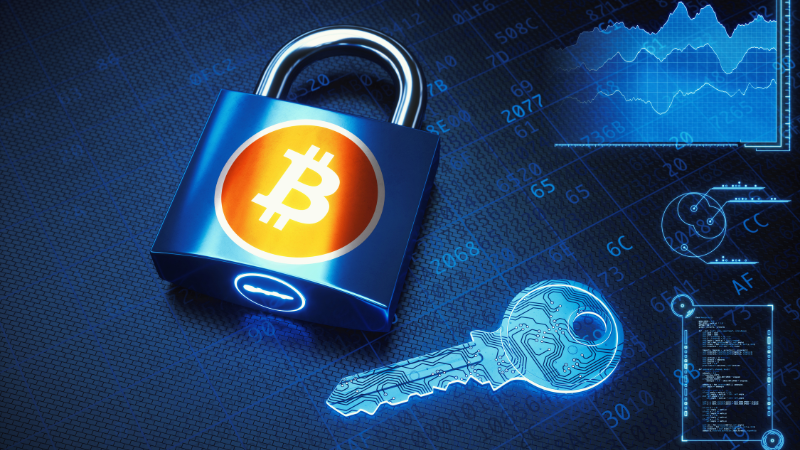
Bitcoin Calculation
A mining calculator is an online tool that helps you guess how much money you could make from mining Bitcoin. It looks at different things that can affect your profits. It's not perfect, but it can help you decide if mining is a good idea for you.
These calculators consider several key factors when estimating your potential profits:
- Hash Rate. This measures the computing power your machine dedicates to solving puzzles. Higher hash rates generally lead to higher potential earnings.
- Electricity Cost. The amount you pay for electricity directly impacts your profitability.
- Hardware Efficiency. Different machines for mining, like ASICs, use electricity differently to create hashing power. Some are more efficient than others.
- Bitcoin Price. The current market value of Bitcoin directly affects the value of your potential rewards.
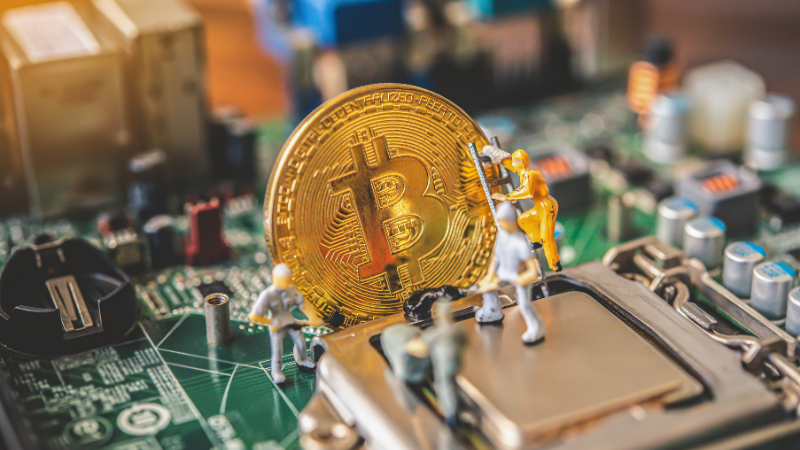
Using a Mining Calculator
Most mining calculators are user-friendly and require basic information:
- Choice of Hardware. Select the type of mining hardware you plan to use (ASIC model).
- Hash Rate. Input your estimated hash rate (usually provided by the hardware manufacturer).
- Electricity Cost. Enter your electricity cost per kilowatt-hour (kWh).
- Pool Fees (Optional). If joining a mining pool, factor in any associated fees.
- Bitcoin Price. Input the current market price of Bitcoin.
A Bitcoin mining calculator helps you figure out how much money you might make each day and month from mining. It takes into account how much you pay for electricity and any fees if you're in a mining pool.
Note: remember, this is just an estimate. Things like how hard it is to mine, extra fees you earn from processing transactions, and the changing value of Bitcoin can all change how much you actually earn.
Regulatory Environment
Different countries have taken different approaches to Bitcoin mining, creating rules miners must follow.
- Energy Consumption. Powerful mining computers use a lot of electricity, raising concerns about environmental impact.
- Money Laundering. Some worry criminals might use Bitcoin to hide illegal activities.
- Consumer Protection. Because Bitcoin is a relatively new asset class, some governments want to ensure people understand the risks before investing.
Different countries have different approaches to Bitcoin mining. The United States lets it happen with few rules. China has banned it in some places because it can harm the environment.
Other countries are trying to make rules that deal with problems but still support new ideas in cryptocurrency. For example, Salvador and Ethyopia mine BTC themselves.
Conclusion on BTC Mining
Bitcoin mining is a process where people use computers to earn bitcoins and confirm transactions. This process helps keep the Bitcoin network safe and allows new BTC to be created and added to the system.
FAQ About Mining Bitcoin
How long does it take to mine one Bitcoin?
It depends on the mining power and the network's overall mining difficulty. For an individual miner, it's almost impossible to mine a whole Bitcoin alone.
What are the main costs of Bitcoin mining?
The main costs include the price of electricity, the mining hardware, and ongoing maintenance. In some regions, cooling costs can also be significant.
What purpose does Bitcoin mining serve?
Bitcoin mining adds new transactions to the blockchain, introduces new Bitcoins into circulation, and secures the network by ensuring transaction validity
Can you withdraw money from Bitcoin mining?
Yes, you can convert BTC you earn from mining into fiat currency (like USD or EUR) and withdraw it, typically through a cryptocurrency exchange.
How much can you make a month mining Bitcoin?
It is based on the miner's hardware, the cost of electricity, and the current Bitcoin price. It can range from a few dollars to thousands, but it's important to calculate potential profits considering all costs and the competitive nature of mining.
What are Bitcoin miners?
Bitcoin miners are people or companies who use powerful computers to solve math problems, confirm Bitcoin transactions, and earn bitcoins.
How to make money from Bitcoin?
You can make money from Bitcoin by buying it at a low price and selling it at a higher price or by mining it.
How does BIT mining work?
Bitcoin mining is a network-wide competition to solve a cryptographic puzzle that meets specific criteria.
How are bitcoins created?
Bitcoin operates on a decentralized computer network, a distributed ledger, that records cryptocurrency transactions. When computers on the network verify and process these transactions, new bitcoins are created or mined.
